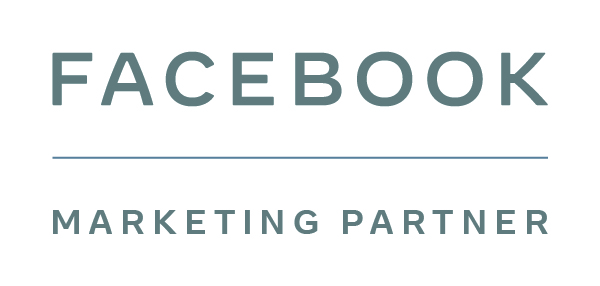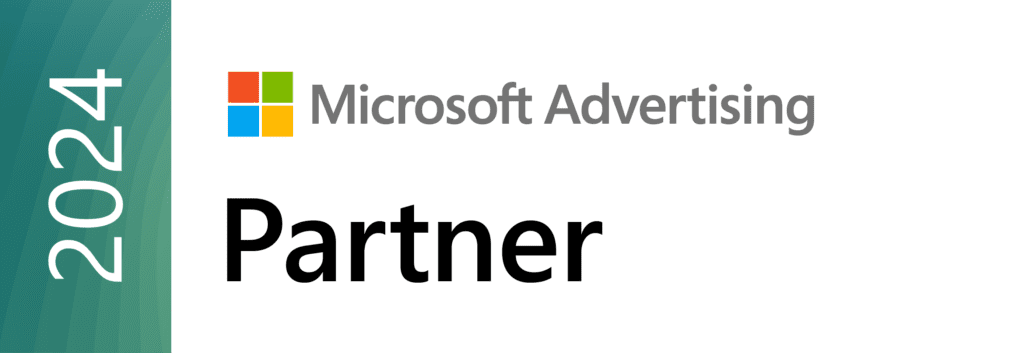Google AdWords is an incredible tool. It can be an engine, driving trackable traffic to websites and delivering a great ROI. However, if you’re not seeing the results you expect, something might be going wrong. A PPC audit will help you identify the problem areas, but do you really need one? Here are 4 tell-tale signs you need a second opinion from an expert…
1. Autopilot is a no-no
For many, AdWords is a set-and-forget solution. You picked your keywords, put together a few ads and selected a daily budget. Ever since, it’s been running on auto pilot. What could go wrong?
If this sounds familiar, it’s definitely time for an Adwords audit. AdWords is constantly changing. In 2017 alone, Google has added several new features, including similar audiences for Search, smart display campaigns and the ability to add local information to display ads. If you’re not keeping up with the times, your ads are going to look dated and be less effective.
Worst of all, you’re not optimising. AdWords campaigns need to be reviewed on an ongoing basis if you’re going to get the best results possible. Your campaign can be tweaked based on performance on difference devices or at different times. You can tweak underachieving ads and remove keywords that fail to make the grade. Best of all, you can find out what works best.
Your industry might have changed too. People might be searching for different keywords. New trends might be taking off while old trends drop off. Fail to jump on a new movement and you could lose out on a big opportunity.
2. Tracking conversions
Are you tracking conversions on your website? If not, you’re not alone.
It’s a common issue, but one that needs urgent attention. Over 40% of account managers don’t track conversions at some level, which is surprising when you consider this should arguably be at the top of everybody’s to-do list.
If you don’t track conversions, how do you calculate the ROI on your campaign? What if you’re losing money? What if your campaign brings in zero revenue, and is losing your business hundreds, if not thousands, of pounds? Tracking conversions is especially important if you want to improve your ROI too. How can you make improvements if your primary KPI is unknown?
3. Negative is positive
While it may seem counterintuitive to think about the keywords you don’t want to attract, nothing could be further from the truth. AdWords allows you to add a list of negative keywords, which are words and phrases that wouldn’t be a good match for your product / service.
For example, if you are a web designer in London, you’d want your ads to show up for “web design London” but not for “web design jobs in London”. To stop this, simply add “job” and “jobs” to your negative keyword list. Easy
If you don’t already have a bulging list of negative keywords you could be throwing money down the drain, as some visitors (which you’ve paid for!) wouldn’t be interested in purchasing your services. And even if you do have a list of negative keywords, continuously adding to it is very important. Take a look at the basic pre-defined keyword report in your AdWords account and you’ll see a list of keywords people have used to trigger and then select your ads. Browse the phrases and you’ll start to see some which aren’t relevant to your offering.
4. There’s no place like home
True, there is no place like home. However, when it comes to your AdWords campaign, there are better places. If you’re directing everybody to your homepage, your campaign won’t be as effective as it could be. Yes, your homepage might be beautiful. But isn’t there somewhere more relevant for your customers?
Claim your free PPC audit now
Have you fallen foul of one (or more) of these tell-tale signs? If so and you’d like to find out what you can improve, our audit is the perfect solution. It’s 100% free, confidential and comes without obligation. Interested? Simply complete the form here to get the ball rolling on your free PPC audit.





